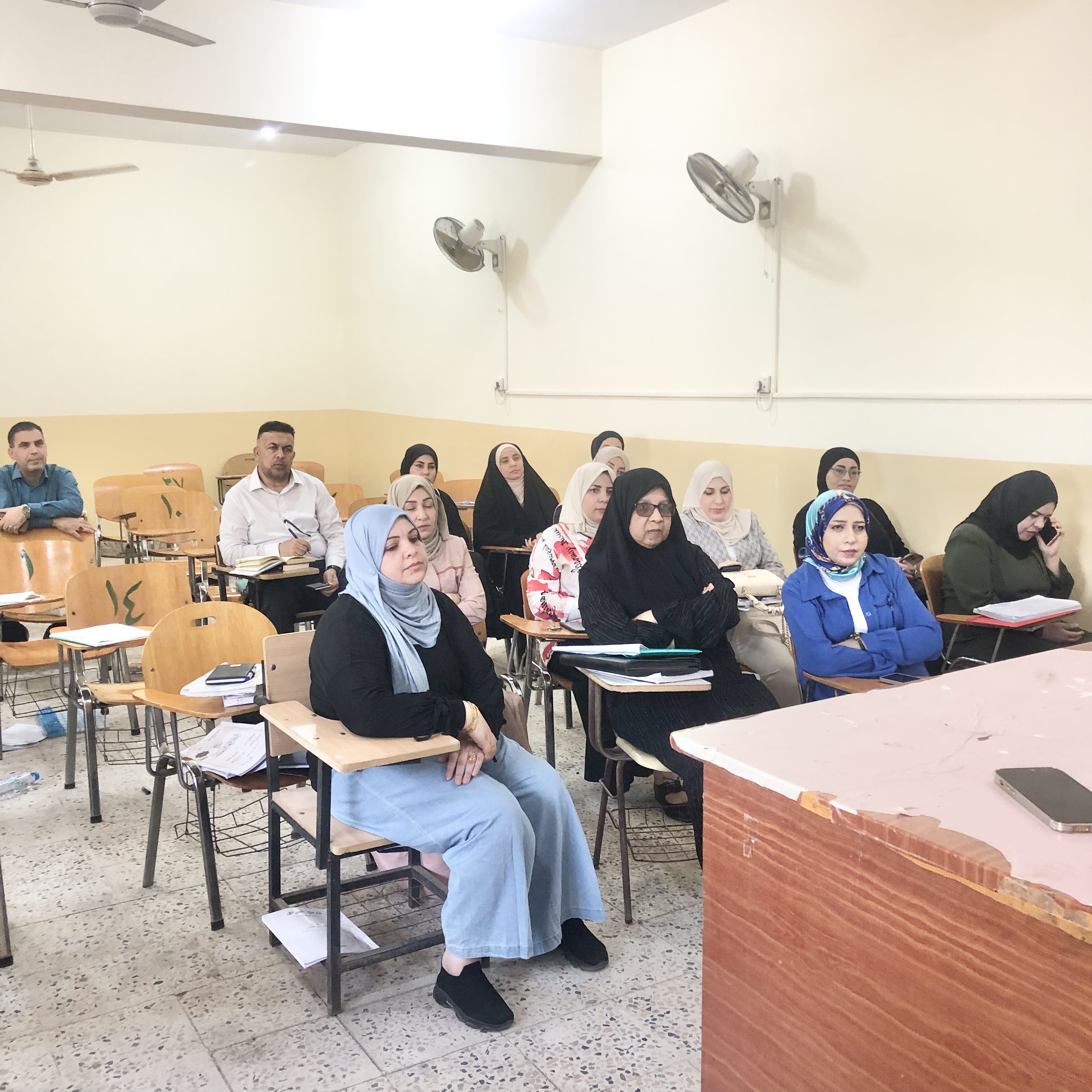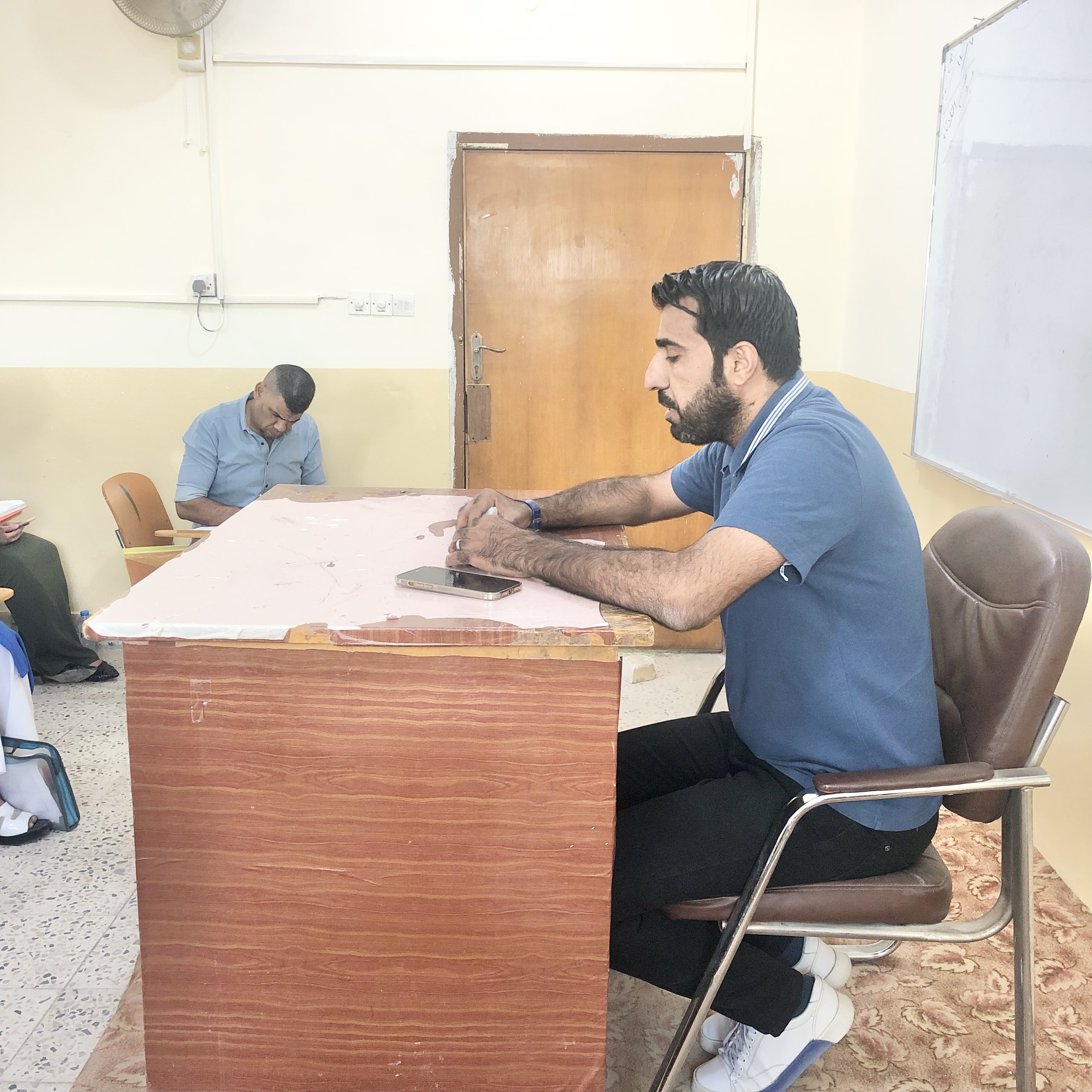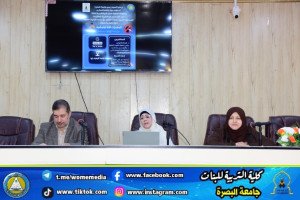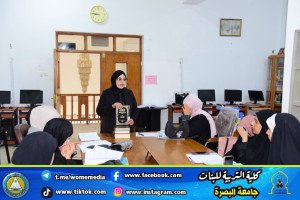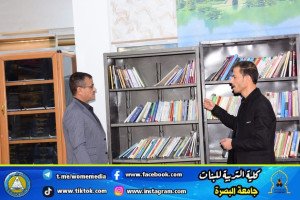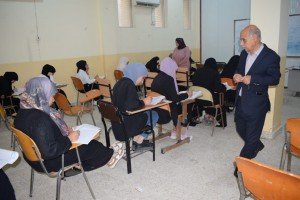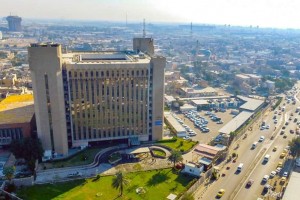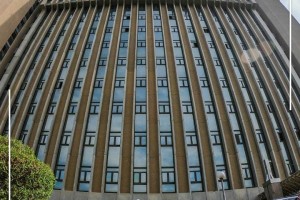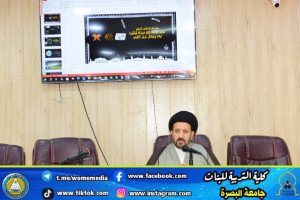
University of Basra organizes a seminar on the 1952 Ceylon crisis and the American position
The Department of History at the College of Education for Girls organized a panel discussion on the rubber crisis in Ceylon in 1952 and the American position on it, presented by Dr. Muhammad Hassan Obaid.
The episode dealt with the release of rubber stocks in the United States of America, which led to a decrease in its price and the impact of this on the country of Ceylon, which was relying on it as a source of income for its economy. As a result, Ceylon did not receive any assistance from the great powers, especially the United States of America.
The episode touched on the fact that the year 1952 was considered a very bad year for Ceylon due to the death of its prime minister. In addition, the country was facing a severe shortage of rice, of which it was obligated to provide every adult Ceylonese person with an adult quantity of it at a subsidized price.
The episode concluded that the sharp decline in its export prices and the rise in import prices, so it tried to negotiate with the American administration to obtain a loan, but it was refused. It was forced to choose China as its trading partner after it agreed with it to export rubber in exchange for importing rice for a period of 5 years, renewable.
